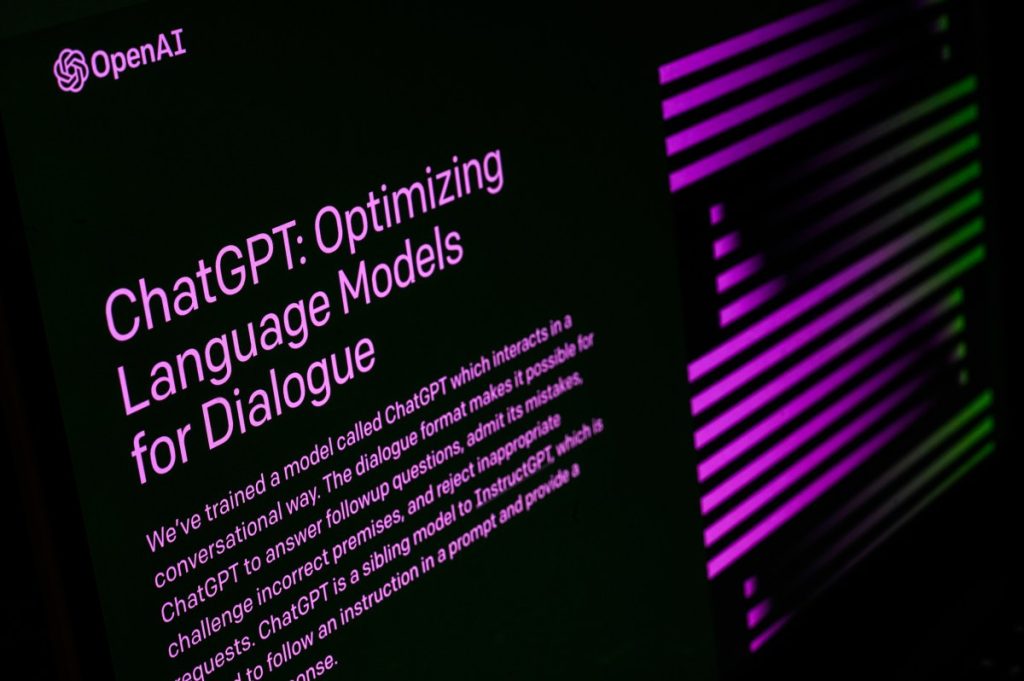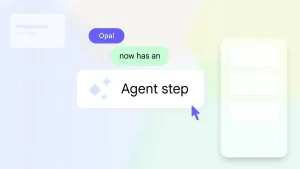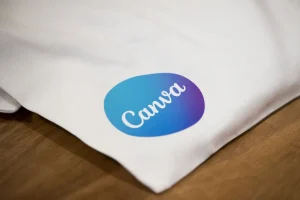ChatGPT: Evolution and Impact on Society

ChatGPT, a revolutionary AI chatbot developed by OpenAI, has dramatically changed how we interact with technology since its debut in November 2022. Initially perceived as a tool for boosting productivity, it has evolved into a crucial asset in various industries, particularly among Fortune 500 companies. ChatGPT is not merely about answering queries; it’s about transforming workflows and enhancing capabilities across the board.
The introduction of GPT-4o, an advanced model with voice and vision capabilities, signifies a new era in AI technology. This evolution highlights OpenAI’s commitment to continual improvement and adaptation. The impact of these advancements stretches far beyond individual use cases, influencing corporate strategies and fostering new collaborations. GPT-4o’s capabilities have even stirred discussions about ethical and legal boundaries, showcasing its profound effects on modern society.
Introduction to ChatGPT
ChatGPT is a text-generating AI chatbot that has been making waves since its introduction in November 2022. Initially developed by OpenAI, this tool has evolved from merely assisting with writing essays and code to becoming an integral part of daily operations in numerous Fortune 500 companies. It is powered by GPT-4o, the latest model known for its voice and vision capabilities.
Partnerships and Collaborations
OpenAI has formed several strategic partnerships to expand the utility of ChatGPT. In July 2024, the company collaborated with the Los Alamos National Laboratory to explore how AI could advance healthcare and bioscience research. This follows other health-related collaborations with companies like Moderna and Color Health.
[twitter-embed-display twitter_url=’https://twitter.com/OpenAI/status/1811048047704690859′]
Product Updates and Enhancements
Throughout 2024, OpenAI introduced multiple updates to improve ChatGPT’s functionality. One notable release is GPT-4o mini, a smaller, faster, and more affordable model. This version outperforms leading small AI models in reasoning tasks involving text and vision. Another significant feature, CriticGPT, was developed to identify and rectify errors in ChatGPT’s code outputs.
In June 2024, OpenAI also delayed the launch of an advanced Voice Mode due to lingering technical issues. However, this feature is expected to roll out to ChatGPT Plus users by fall, provided it passes internal safety and reliability checks.
Legal and Ethical Challenges
OpenAI has faced various legal and ethical challenges, notably involving copyright infringement. In 2024, Alden Global Capital-owned newspapers like the New York Daily News and the Chicago Tribune sued OpenAI for allegedly using copyrighted materials without permission. This lawsuit follows a similar one filed by The New York Times the previous year.
Another controversy involved the use of Scarlett Johansson’s likeness in ChatGPT’s voice feature called Sky. After public backlash and allegations of mimicking Johansson’s voice from the movie ‘Her,’ OpenAI paused the feature to investigate and potentially revise it.
The legal landscape for AI continues to evolve, and OpenAI is often at the forefront of these challenges. From partnerships to courtroom battles, the company navigates complex ethical and legal terrains while striving to enhance its AI offerings.
Corporate Usage and Influence
Corporate giants are increasingly integrating ChatGPT into their operations. In May 2024, OpenAI signed a significant deal with PwC, covering 100,000 users. This partnership marks OpenAI’s largest enterprise customer to date and aims to enhance productivity with AI solutions.
Another major collaboration was with financial publisher TIME, announcing a multi-year strategic partnership to integrate TIME’s modern and archival content into ChatGPT. This deal aims to enhance the chatbot’s responses by providing links to TIME stories.
Technological Innovations
Aside from collaborations, OpenAI has been innovative in improving ChatGPT’s capabilities. For example, the Read Aloud feature enables ChatGPT to vocalize its responses in multiple languages, enhancing accessibility and user experience. This feature is available on both GPT-4 and GPT-3.5 models.
Another notable update allows users to upload files directly from Google Drive and Microsoft OneDrive. This functionality facilitates easier data analysis and interaction with tables and charts, making ChatGPT a more robust tool for various applications.
OpenAI is also working on creating a tool called Media Manager to allow content creators to opt out of AI training, addressing concerns about the ethical use of copyrighted materials. This tool is expected to be ready for use by 2025.
Public Reception and Controversies
Public reactions to ChatGPT have been a mix of awe and concern. While many are impressed by its capabilities, others worry about issues like data privacy and ethical concerns. For example, schools and colleges have banned ChatGPT from their networks, arguing it promotes plagiarism and misinformation.
OpenAI has also faced criticism for potential data leaks. In January 2024, there were reports that ChatGPT was leaking usernames and passwords, raising significant privacy issues that the company had to address quickly.
Future Prospects
Looking ahead, OpenAI has ambitious plans for ChatGPT. The company is developing GPT-5, which will be fully multimodal with support for speech, image, code, and video. Sam Altman, OpenAI’s CEO, hinted that users could expect GPT-5 to be released sometime in 2024.
Additionally, OpenAI is working on a new team to incorporate crowdsourced governance ideas into its models. This initiative aims to gather public input on model behaviors, further enhancing the ethical use of AI.
Community and User Interactions
OpenAI has introduced various features to improve user interactions. For instance, ChatGPT can now remember and forget user-provided information, making conversations more personalized and secure. Users can explicitly tell ChatGPT to remember or erase specific details, giving them more control over their data.
ChatGPT continues to be a pivotal force in the AI space, with its constant evolution and cross-industry impact. From expanding corporate collaborations to addressing ethical challenges, it remains at the forefront of AI innovation. The ongoing advancements and partnerships hint at a future where AI could seamlessly integrate into multiple aspects of everyday life. GPT-4o, with its voice and vision capabilities, is just the beginning. The road ahead promises more groundbreaking developments that will likely redefine our interaction with technology. As OpenAI pushes boundaries, the full potential of ChatGPT is yet to unfold.





